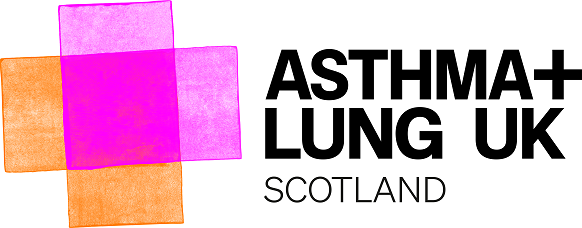Day to day we all live with adrenalin in our bodies. It has a positive effect which helps you get up and going. More adrenalin is released when you are stressed, anxious or worried and this can triggers physical changes and sensations in the body. This is often called the Anxiety or the Fight / Flight Response.
- This anxiety response affects your body in many different ways:
View text alternative
- Heart: Adrenalin triggers increased heart rate and faster pulse feeding more blood to the muscles, preparing the body to cope with the stressful situation (fight or run away)
- Stomach: Digestion slows down or ceases as blood is directed away from the stomach and this can cause nausea, indigestion, or the feeling of butterflies in your stomach
- Lungs: Breathing can become faster and shallower as oxygen is supplied to the muscles. This can cause breathlessness, chest pains, tingling, palpitations as the body prepares itself to fight or run away
- Neck and shoulders: Neck and shoulder muscles can tense as your body prepares itself to fight or run away. This can trigger aching and tightness in neck / shoulders and back
- Body and skin: Adrenalin causes blood vessels in your skins surface to open up making you to feel hot. Sweating is the body’s natural way of cooling itself down. Sweating is the body’s natural way of cooling itself down
- Legs: Muscles tense as the body prepares itself to fight or run away. This can trigger shaking or trembling in the body
- Bladder and bowels: muscles in the bladder or bowels relax and can cause you to rush to the toilet
- Brain: you can only think about the stressful situation and problem solving becomes more difficult. As an automatic response to this you may also get a dry mouth.
It can be difficult to make sense of these symptoms which you may feel you cannot control.
Remember breathlessness related to anxiety is normal. It is our body’s way of trying to help you in situations which you find difficult. For some of you breathlessness may start first and cause anxiety, but for others anxiety may start first.





